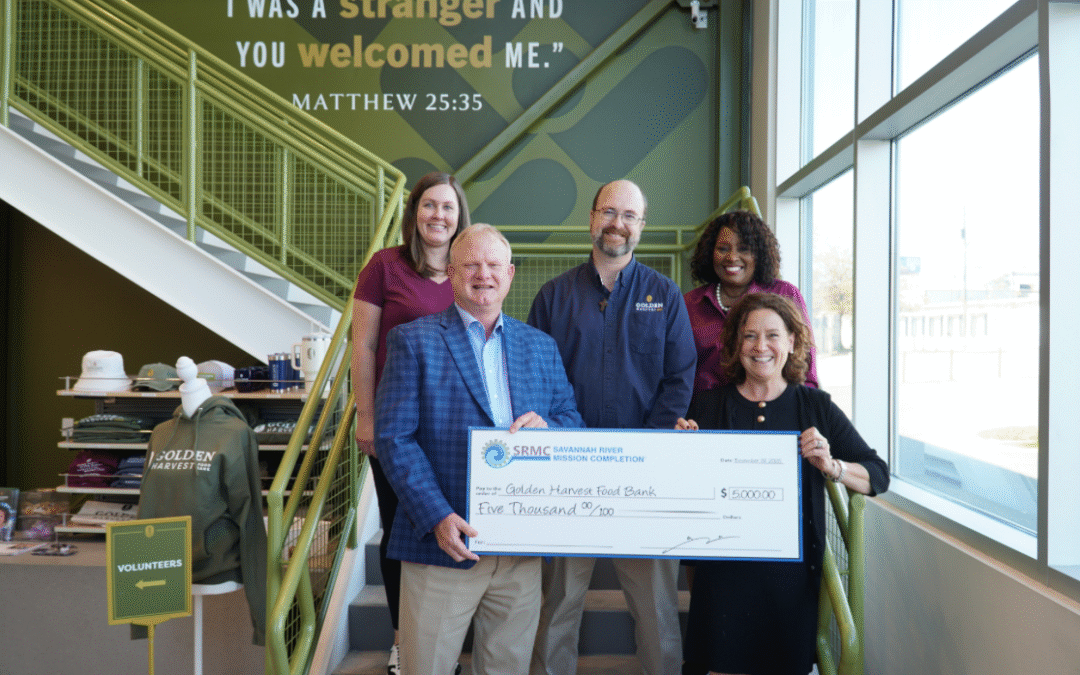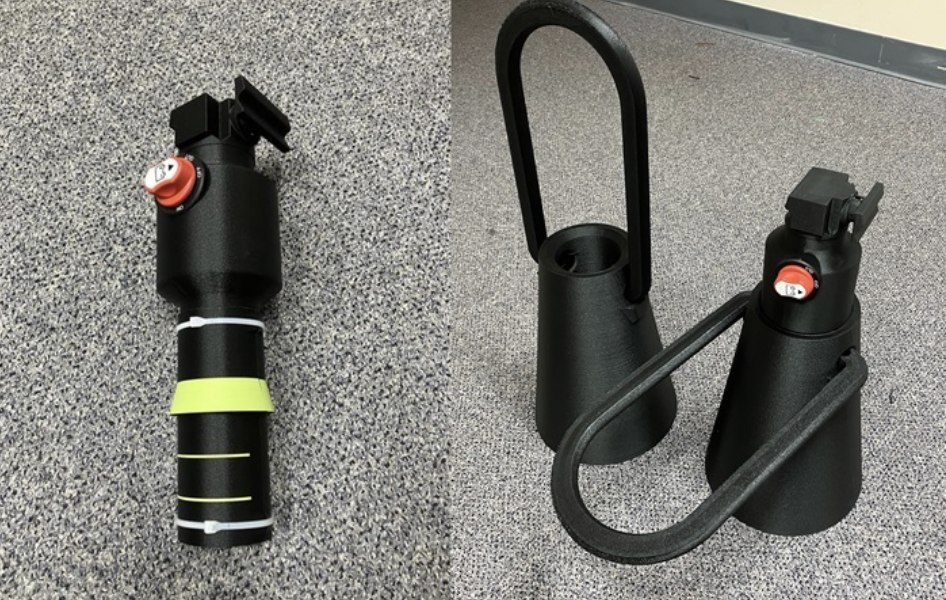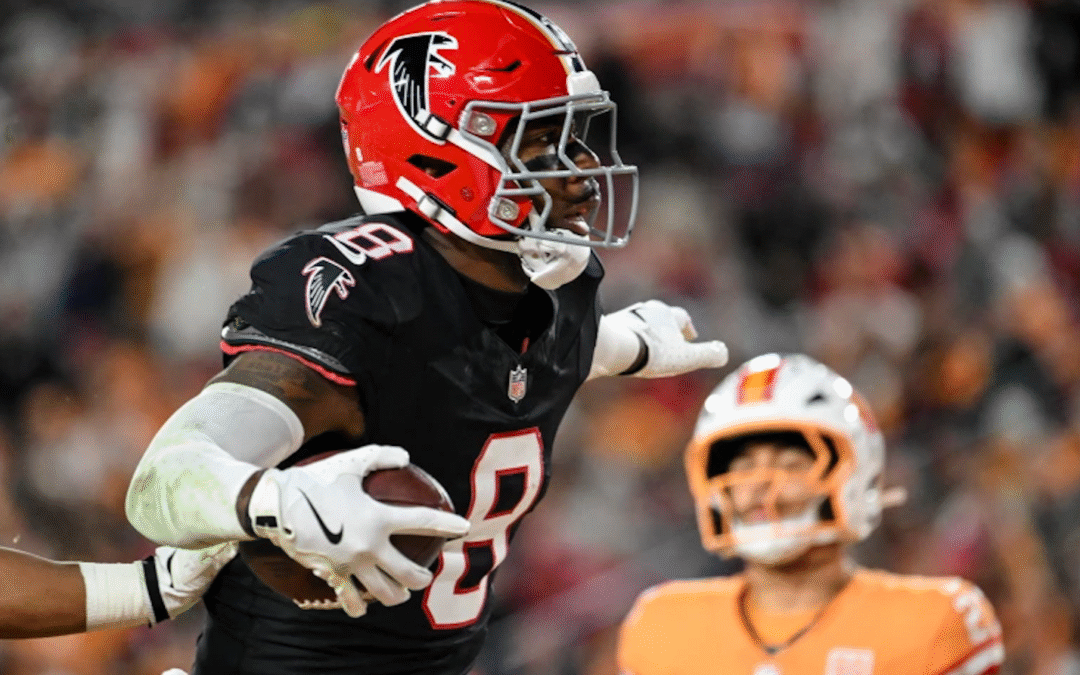Recently, Georgia Gov. Brian Kemp signed into law a measure making the white shrimp the state’s official crustacean.
The white shrimp may be the lowest of the low on the food chain, but it was mighty enough to best a popular chain restaurant.
Red Lobster claimed it lost $500 million and was forced to close 100 restaurants over its ‘endless shrimp’ promotion that offered all-you-can platters for $20. According to the Daily Mail, one girl bragged about downing 108 of the critters in four hours.
However, for Georgia’s coastal fishermen, white shrimp remain big business. While the ‘official’ designation is largely symbolic, the state assembly saw the importance of the shrimp as they “provide economic, cultural, and environmental impact to Georgia and represent the state’s coastal biodiversity.”
According to UGA marine biologist Brian Fluech, shrimp landings account for 80% of the seafood hauled in and is the second largest industry in Georgia, falling just behind tourism. Data from NOAA shows that, in 2022, white shrimp landings had a $230 million economic impact for coastal Georgia.
White shrimp have a short, but beneficial life span as they become food the moment that they hatch. Fluech says that the shrimp go through several larval stages and in those early stages, they float with plankton at the mercy of the tides and make a nice meal for whales and other plankton skimmers. As they grow, white shrimp become food for other ocean predators.
Larval shrimp are even prey for adult shrimp.
“They are a food source in all stages of life and they are abundant. One female can lay up to a million eggs each mating season,” Fluech said.
Fluech says that the Department of Natural Resources has done an excellent job of applying ‘accountability science’ to manage estuaries and prevent overfishing.
“They are constantly monitoring water temperature, salinity and the size of the population. Other countries, in Asia, for example have virtually no regulations when it comes to conservation,” Fluech said.
One problem shrimpers constantly had to deal with was sea turtles and other wildlife being unintentionally caught in the nets. However, an enterprising fisherman by the name of Sinky Boone invented what he called the Turtle Excluder Device that largely solved the problem.
“Yeah, Sinky was a bit of a legend in these parts!” Fluech said.
So, you can fill up on all the Georgia white shrimp you want with a clear conscience that no turtles or dolphins were harmed in the process of getting the meal prepared; however, consuming 108 shrimp in one sitting might be overdoing it just a wee bit.
Scott Hudson is the Senior Investigative Reporter and Editorial Page Editor for The Augusta Press. Reach him at scott@theaugustapress.com










